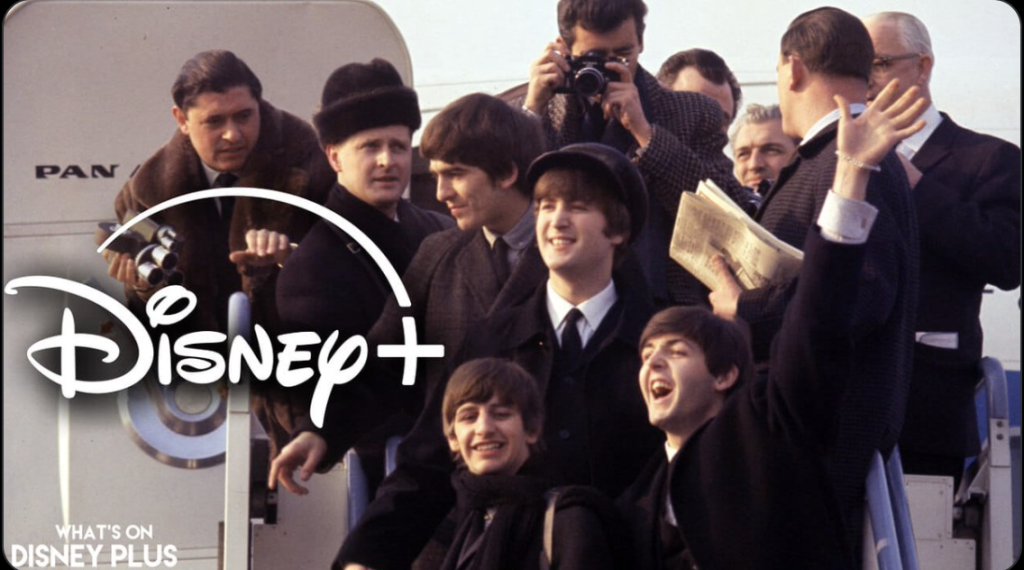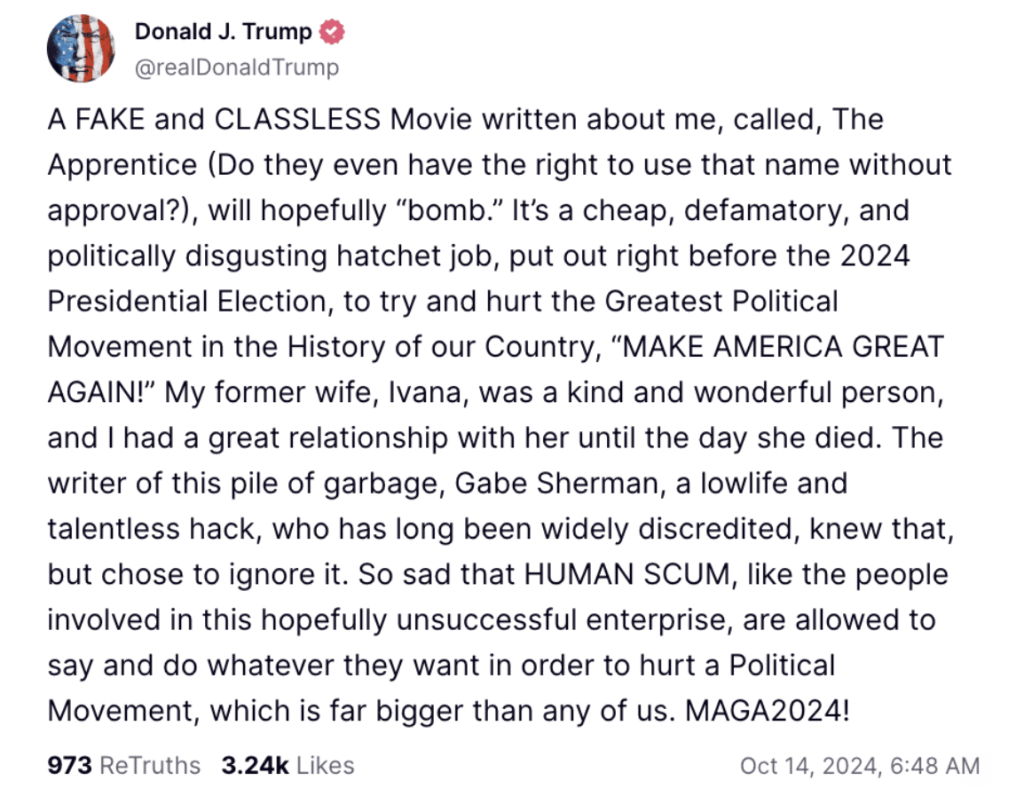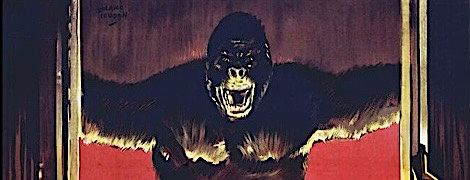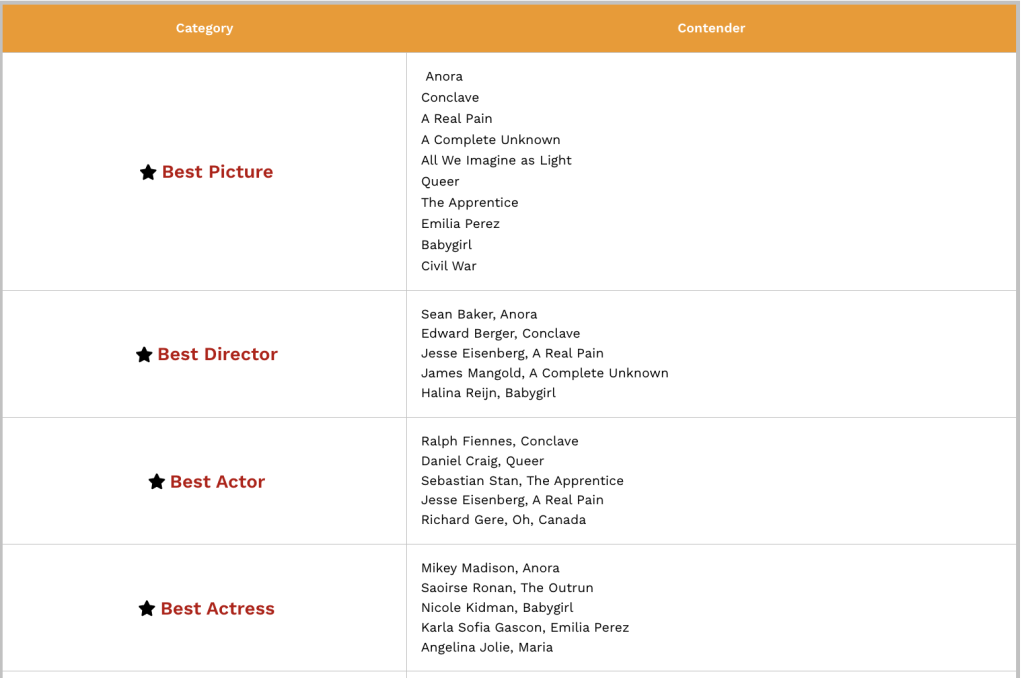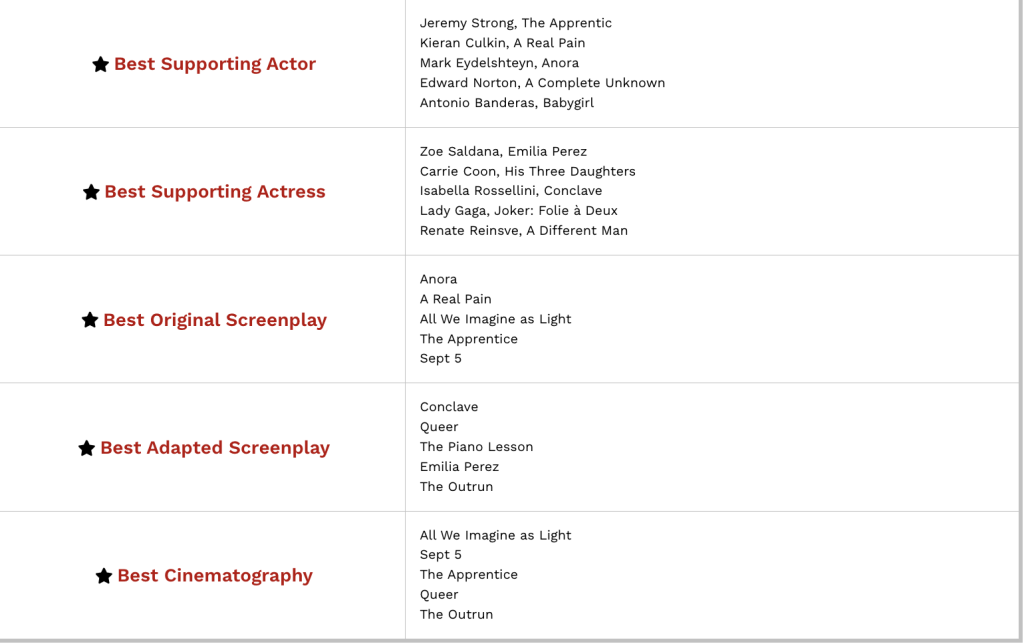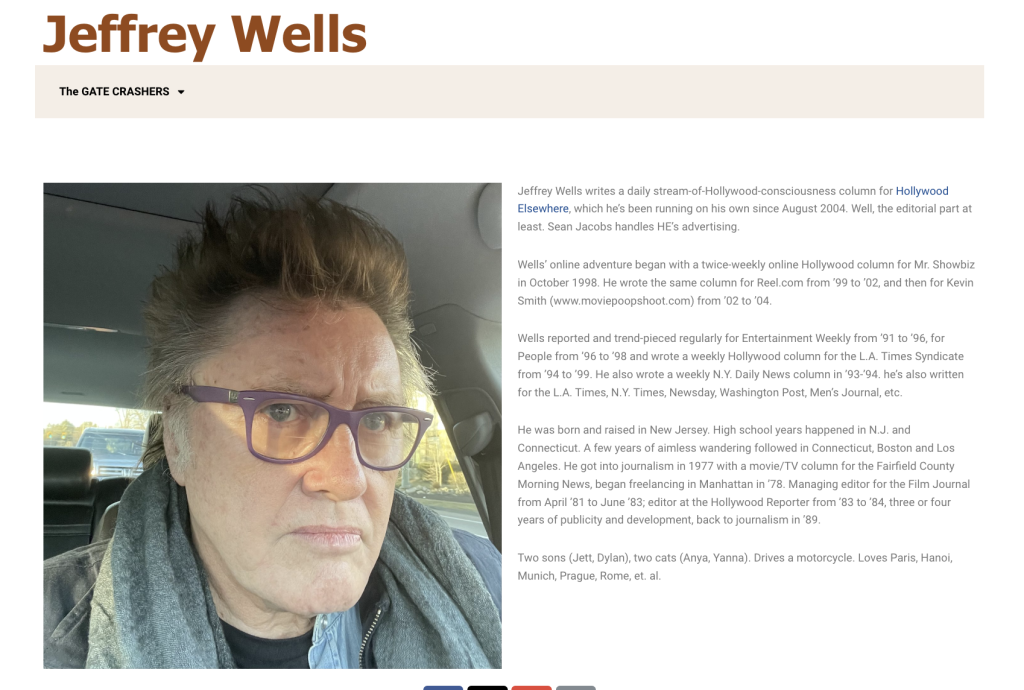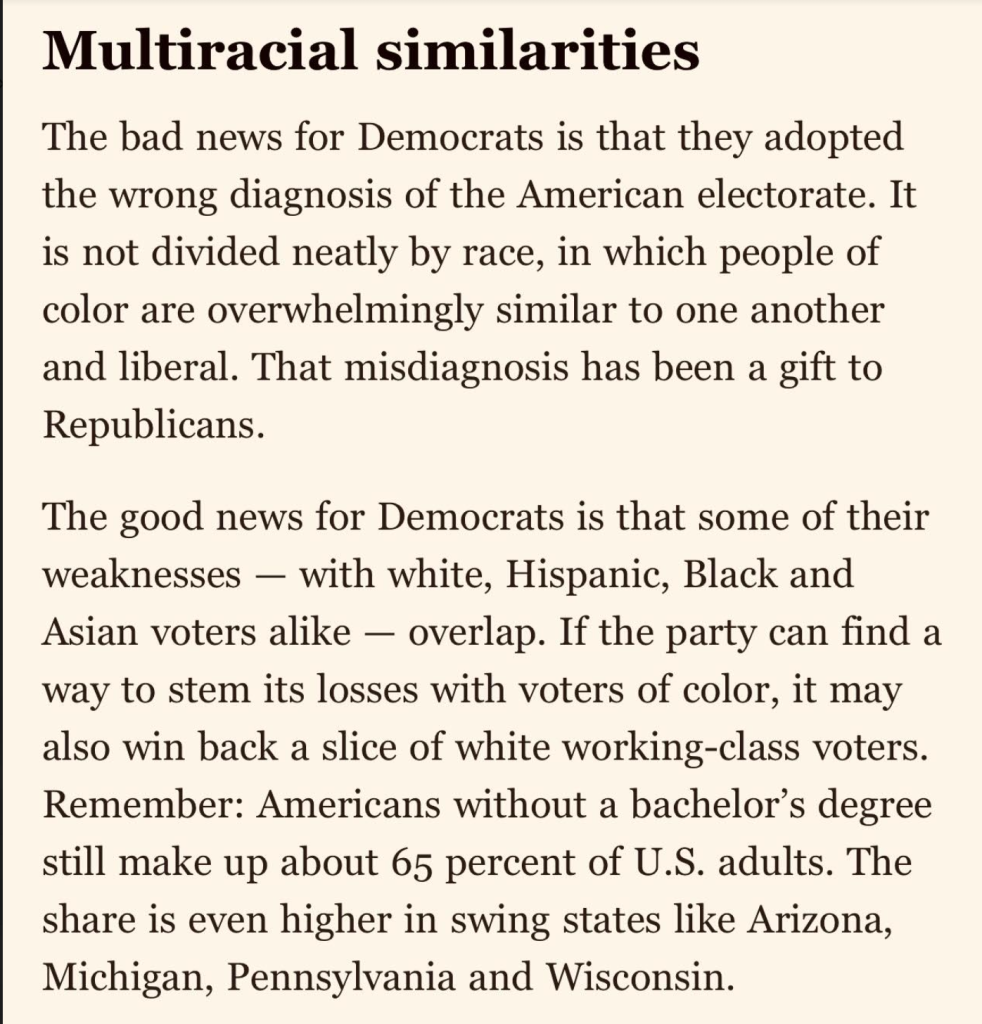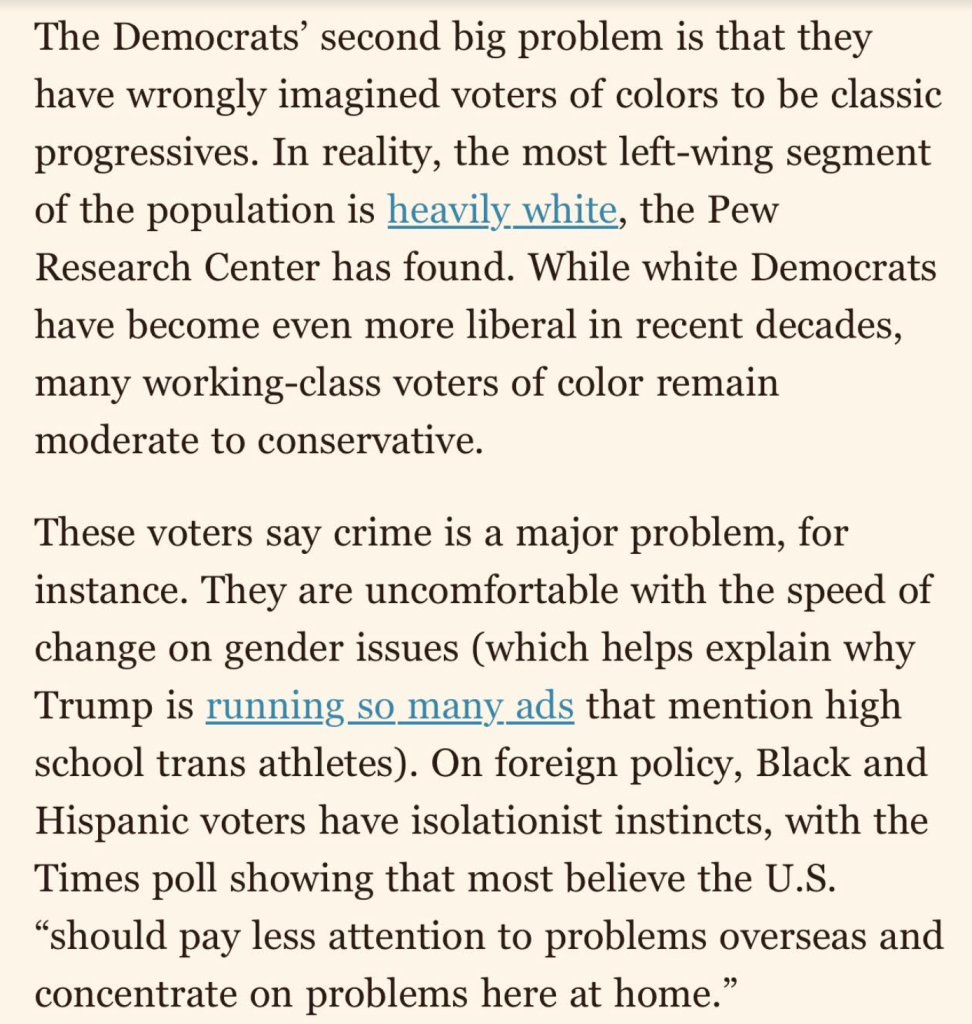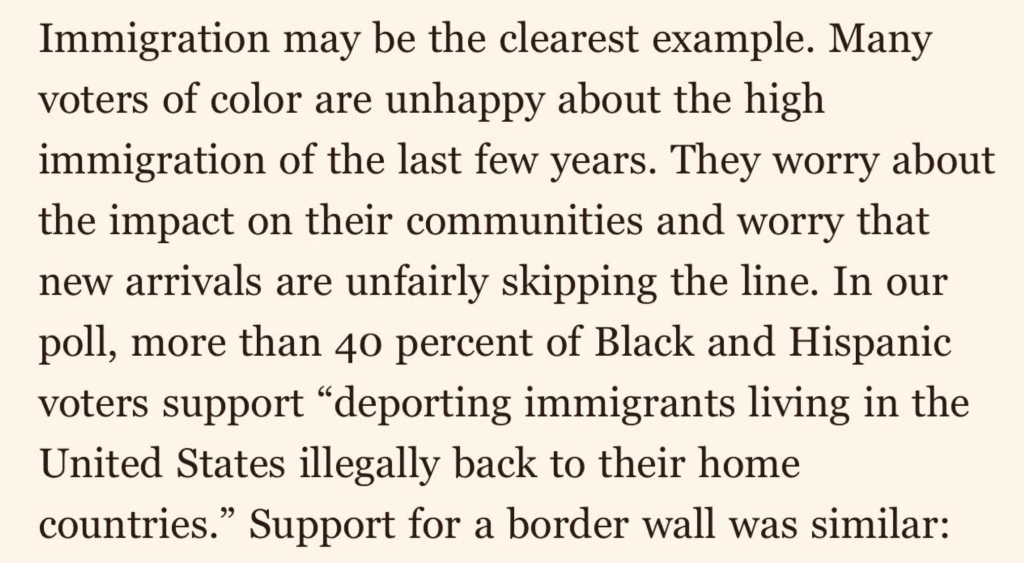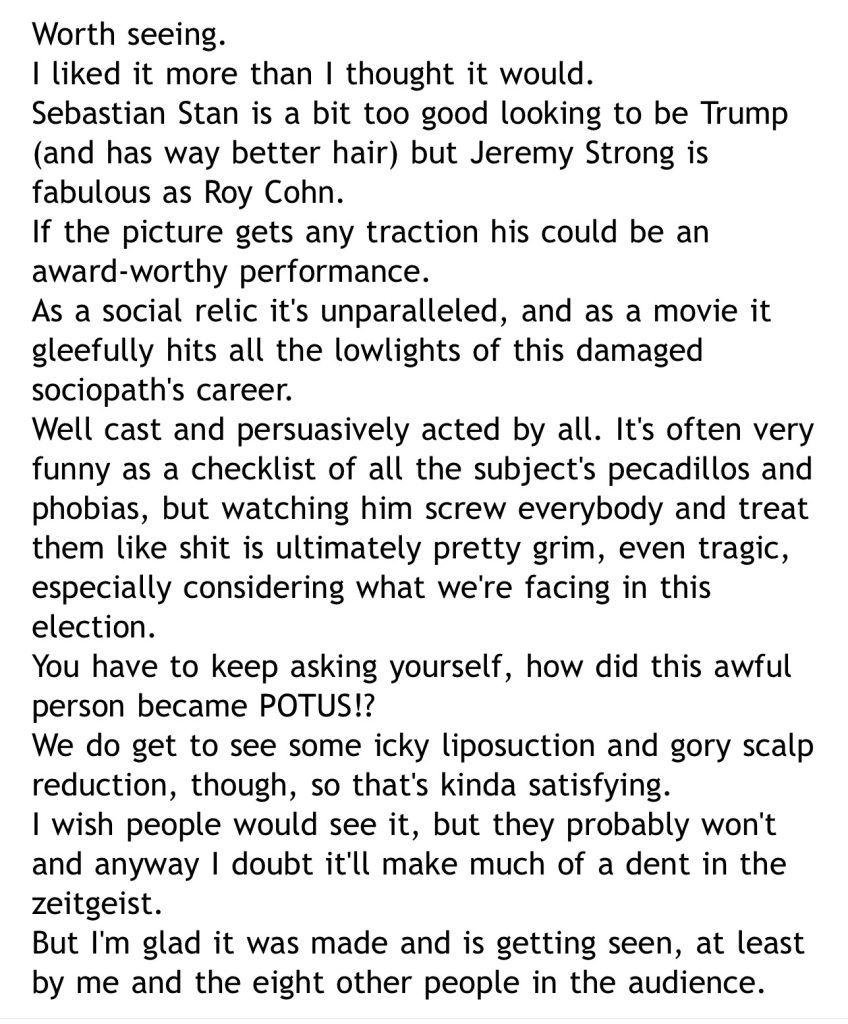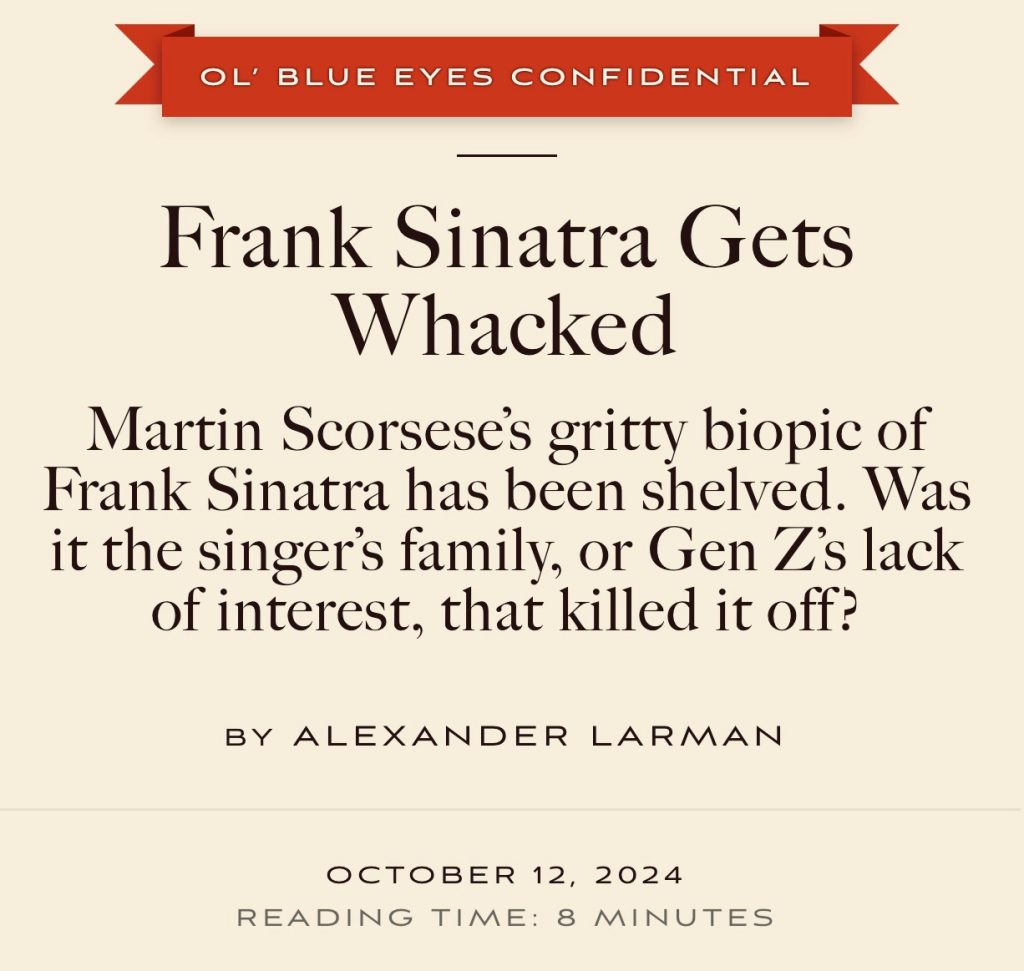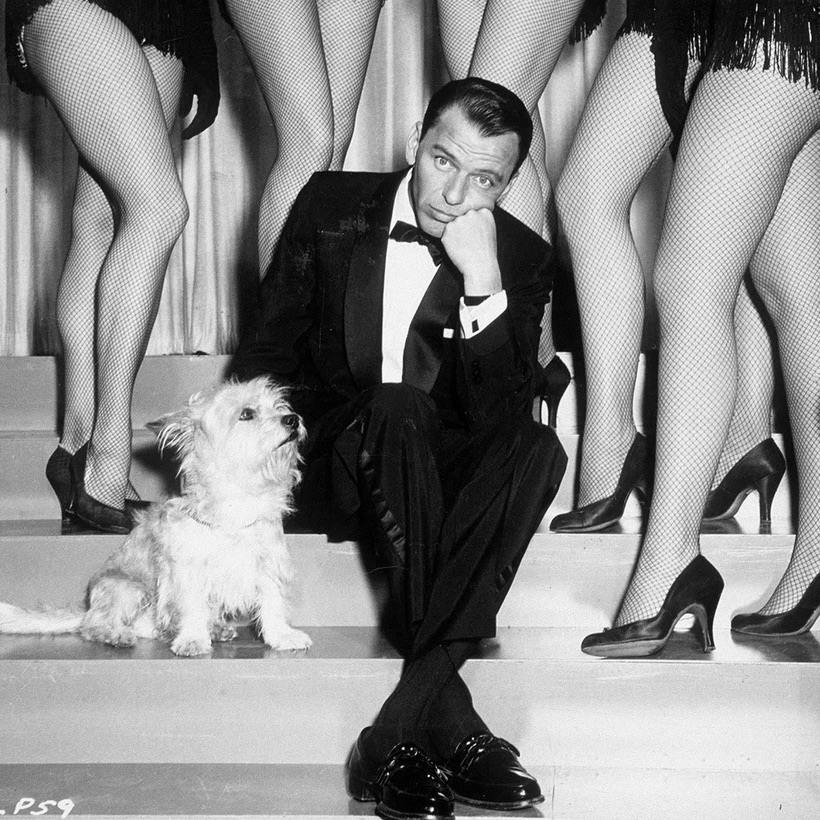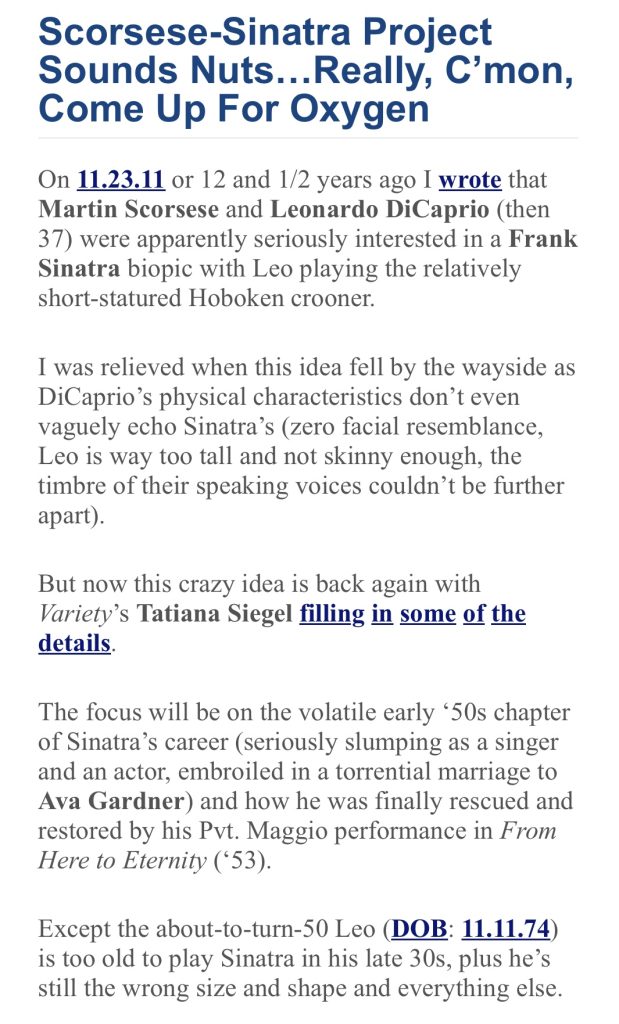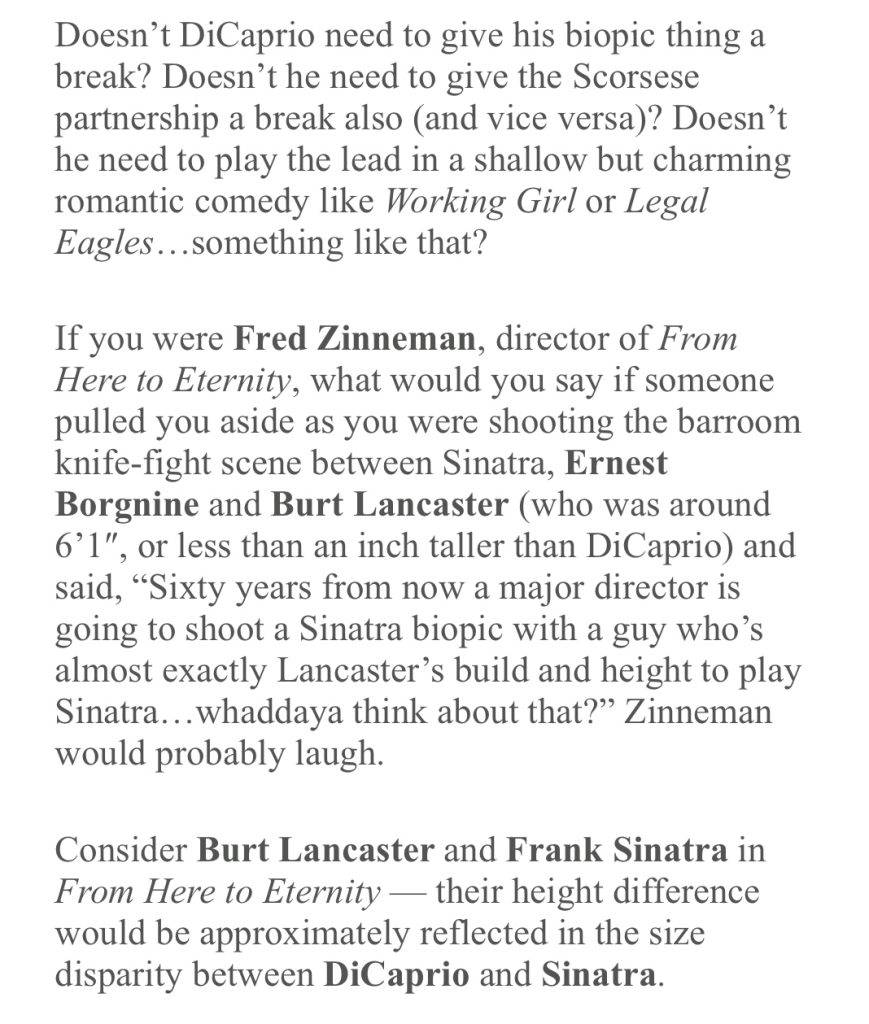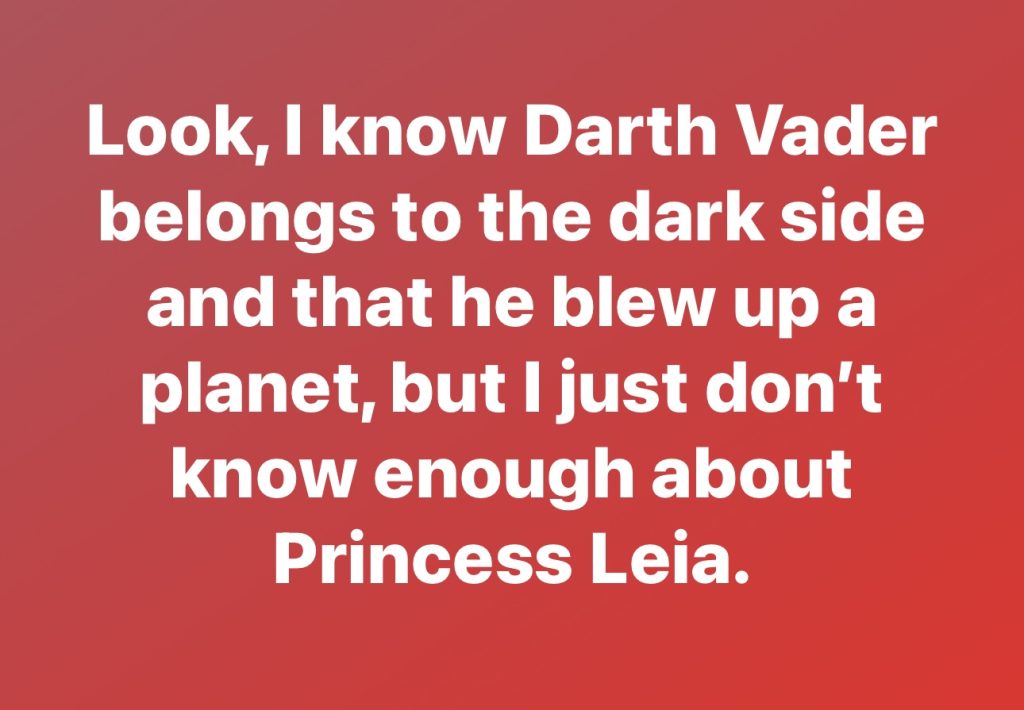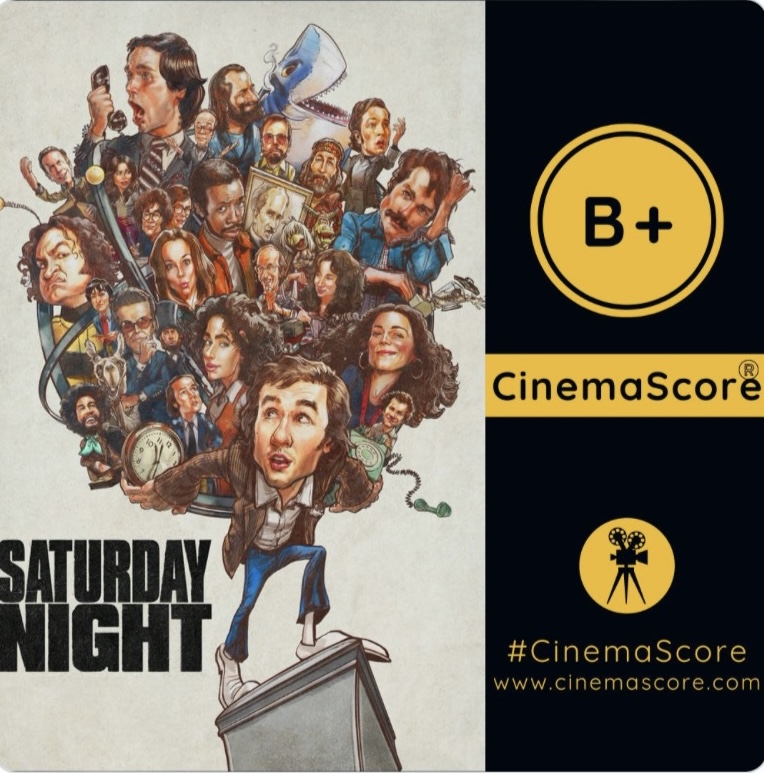Two days ago I was frowned upon for not conveying empathy in the case of that bear-like, ponytailed guy who was belching and “urp”-ing like Mighty Joe Young in the Wilton Library.
Today another bear-body issue surfaced [see below], and I wanted to react in a slightly nicer way. It’s obviously vulgar of me to mention this, but real life is real life. Imagine the discomfort among the library staffers, not to mention the women using the room. This guy was flashing everyone.
My first thought was that it would be embarassing for the guy if I was to lean over and whisper, “Hey, man…you’ve got a bit of an issue going on.” I figured it would be even more embarassing to ask the library clerk if she would mind speaking to him. The best response, I finally decided, would be to slip him a yellow Post-It note. But a library staffer I spoke to was unable to find any Post-It paper.
So the hell with it, I told myself. I would have appreciated a word of concern if I’d been the ass-crack guy, but that’s me. The photo is after the jump. Not for sensitive eyes.

